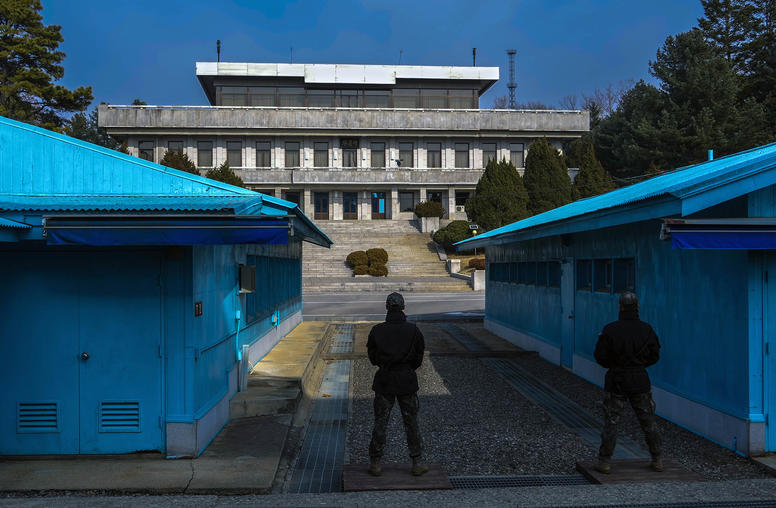Social Reconstruction and Reconciliation

Hiroshima Peace Memorial at the Peace Memorial Park in Hiroshima, Japan. (Courtesy White House Commission on Remembrance)
Overview
Memorial projects can do more harm than good if not carefully designed and implemented, yet little systematic work has been undertaken to assess how memorial projects affect the communities in which they are based. This third meeting of the Working Group on Social Reconstruction and Reconciliation will focus on how to evaluate the impact of memorial projects on their communities.
In its first meeting, the working group examined the range of forms and processes used by societies to remember and honor their conflicted pasts, and connections between memorialization and the promotion of reconciliation within societies.
Judy Barsalou, of the U.S. Institute of Peace, and Victoria Baxter of the American Association for the Advancement of Science, chair the working group.
The second meeting focused on two issues:
- Strategies for assessing community interests and needs relating to the development of memorial projects; and
- The collection of archival material documenting the past as that process relates to memorialization and reconciliation.
Speakers
- Randi Korn, Randi Korn and Associates
- Professor Harvey Weinstein, University of California, Berkeley
- Dr. Audrey Chapman, American Association for the Advancement of Science Discussant




